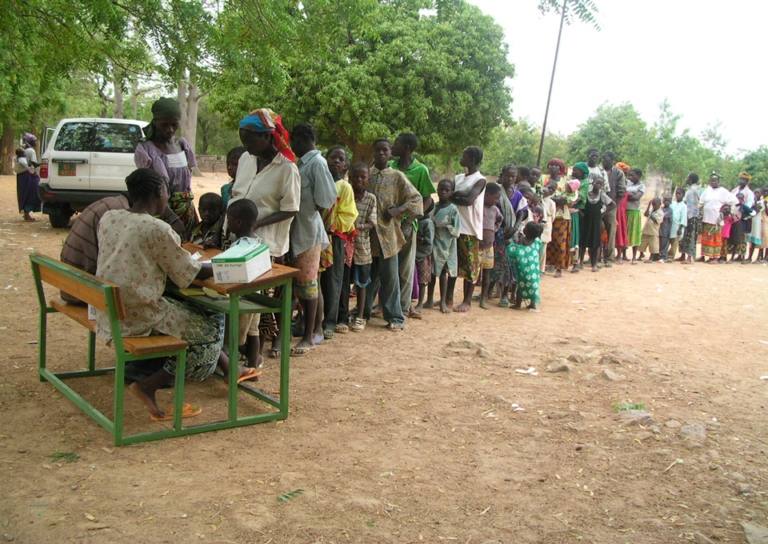At 73rd At the World Health Assembly session, Member States overwhelmingly approved a resolution calling for urgent action on the prevention and control of meningitis through the implementation of a bold and comprehensive plan. global roadmap to defeat meningitis by 2030. Developed under the leadership of WHO, following in-depth and broad consultations, this global roadmap paves the way for the implementation of multidisciplinary and integrated interventions to achieve:
- long-term integrated prevention and control of meningitis for accelerated and sustainable reduction of cases and deaths;
- shift from epidemic preparedness and response to epidemic prevention and elimination;
- recognition of the long-term after-effects of meningitis and concerted action to reduce disability and provide support to those affected and their families.
Despite successful efforts to control meningitis in several regions of the world, meningitis remains a major global public health problem, causing up to 2.5 million cases each year, including outbreaks of new strains that spread between countries and across the world. Africa’s meningitis belt is the most vulnerable to recurring epidemics, but meningitis kills people of all ages in every country. The burden of bacterial meningitis is particularly high, causing 250,000 deaths per year and leaving one in five affected people with devastating long-term health consequences.
The roadmap to defeating meningitis addresses all types of meningitis, whatever the cause, but particularly targets the main causes of acute bacterial meningitis (meningococcus, pneumococcus, Haemophilus influenzae, and group B streptococcus). Many of these cases and deaths are vaccine-preventable, but efforts to get the vaccine to everyone who needs it have lagged behind other vaccine-preventable diseases. The roadmap will provide the necessary framework to scale up these prevention efforts.
Firmly anchored in universal health coverage, it will be a powerful lever for progress towards stronger immunization programs and primary health care, as well as improved infectious disease control, global health security and access to health care. help for disabled people.
As the entire world recognizes the widespread socio-economic impact and devastating effects of epidemics on people’s well-being, this global roadmap comes at a critical time, helping to save lives and reduce suffering in all regions of the world. world.
